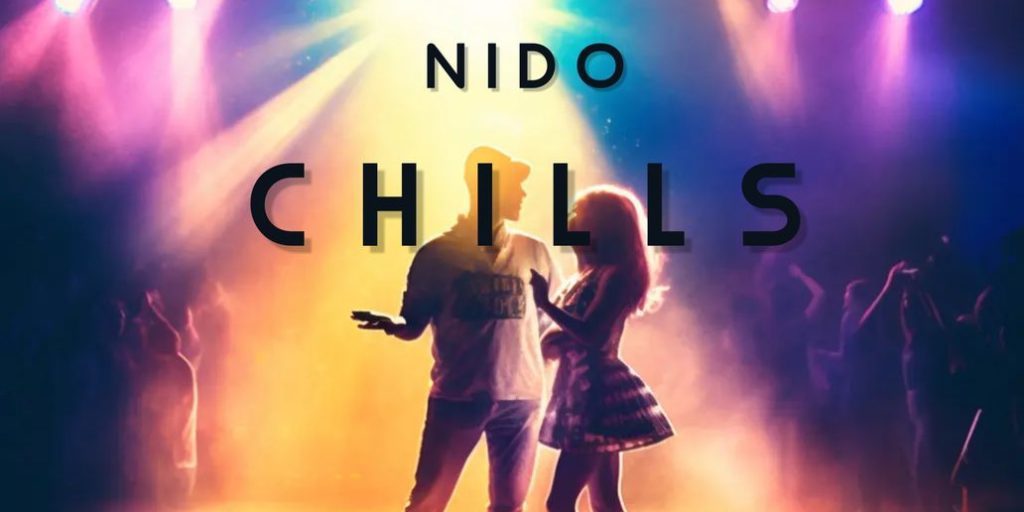Web3, NFTs, and the Future of Music
One of the fundamental promises of “web3,” a blockchain-based decentralized vision of the Internet, is that consumers will have greater control over their data and their wallet while artists, designers, and content creators will no longer need to rely on – and cede control and profits – to large centralized corporate gatekeepers to access markets.
As a result, creators will be able to capture a larger share of the pie. If this vision comes anywhere close to becoming a reality, web3 has the potential to be an extremely disruptive force to existing businesses across numerous industries. The music/entertainment industry is one such industry, and it’s a big one.
The Historical Unfairness of the Music Biz
The way things have always been in the music industry, or at least for as long as I can remember, is that traditional record labels played the role of centralized corporate gatekeeper. If an artist was lucky enough to sign with a record label, in exchange for the lion’s share of future revenues from the music they would make, the label would help promote the artist and help them to reach markets. Artists that did not sign with labels did not have a viable path to the mass market. The result was a commercial reality in which artists were paid pennies on the dollar for the music they created.
Traditional web2 social media platforms, like YouTube! and Instagram, as well as traditional media platforms like hosting TV shows American Idol, The Voice, or America’s Got Talent, may have helped a subset of unknown artists “catch the break” they needed to “get discovered,” but they did not greatly alter the overall balance of power between labels and artists.
As streaming music platforms, like Spotify (which is owned in part by music giants, Universal Music Group, Sony Music Entertainment and Warner Music) and Apple Music became popular, the situation got even worse for artists. According to the Recording Industry Association of America’s annual report, in 2020, streaming accounted for 83% of the $12.2 billion in recorded music income in the U.S.
While streaming is great for music companies, and may have even saved a declining industry, it has not proved great for artists and musicians. In the now familiar web2 tradition, the pipes providers and platforms took the lion’s share of the revenues, while the content creators, the artists, received a relatively paltry percentage. It has been reported that Spotify generally pays between $.003 and $.005 per stream, and those royalties have declined year over year.
The large powerful record labels and music distribution platforms, like streaming platforms, also act as middlemen in the relationship between artists and their fan bases. In recent years, social media, for bands that use it, has provided a way for artists and entertainers to establish a more direct relationship with their fans. But until very recently, artists and musicians did not sell direct to fans or necessarily control their relationship with their fans.
Web3: A Music Industry Game Changer
By contrast, web3 offers artists the ability to connect directly with their fans, offering them music, art, tickets, experiences, and other digital goodies in exchange for additional revenue streams. As Ryan Jones, Co-CEO of NEWM explained, “Web3 is allowing the musician to truly unlock the value of their art by directly connecting the artist with their fans.”
Another factor that makes the music industry an interesting one to examine vis-à-vis web3 is the existing large-scale business and technology infrastructure that is in place for tracking and paying out royalties through systems like BMI and ASCAP. This makes the industry a perfect candidate for smart contracts and blockchain, which can be employed to transparently and immutably build in a self-enforcing revenue-splitting payment structure that automatically waterfalls revenues back to artists and other stakeholders.
Emerging New Innovators and Innovations
Innovation is coming and it is coming fast and from all angles. NEWM is one example of this. NEWM is innovating in this new music-web3 space and creating a new music ecosystem where artists can use blockchain technology and NFTs to securely sell/auction music IP rights directly to fans, music, and investors. The more successful artists become, the more value these musician IP tethered NFTs will hold.
As Florian Sorg, Co-CEO and CFO of NEWM, explains, “From a technical standpoint, the music industry is all about ownership, copyright and legal clarity. The beauty of web3.0 and blockchain technology is that it’s able to increase trust, security, transparency, and the traceability of data shared across participants, making it ideally suited to meet music industry needs.”
Another music-focused web3 venture is New Era Entertainment, an NFT-focused music label that helps artists and musicians to launch their own music and art NFT projects. Their VP, Danny Hamilton, notes: “Blockchain technology and NFTs have the potential to give the power back to the creators; we have the ability in the palm of our hands to create and distribute music and digital artwork and to develop custom utilities for their fan-base communities.”
Still another is YellowHeart, which provides a platform for buying and selling NFT-based live event tickets and has continued to innovate. YellowHeart recently released its web3-friendly streaming player into the space to address this issue.
“When I started working on YellowHeart before the pandemic, while we were building our product on the backend, my primary focus was educating artists and industry leaders on how transformative NFT music could be for the larger space,” said Josh Katz, founder and CEO of YellowHeart. “Since making major headway in 2021 and releasing the first major NFT album and tickets, one of the biggest bottlenecks we’ve faced is making NFT content easily digestible for fans. We hope that it will continue to drive mass adoption so we’re able to marry the best of old and new music formats with NFTs.”
The future of the music industry is coming and we’re building it at NEWM. If you want to find out more about our fair music ecosystem and how you can join in the NEWMusic Movement check out our whitepaper.
Stay informed
To get all our amazing stories and know more about Crypto, Music and projectNEWM overall, make sure you register for our NEWMag newsletter!
Read More Articles
Saroy TNP
Two Sided EP
NIDO
Chills
Artist Spotlight: Awesomeisjayell
The Metaverse Maestro shares his story, his take on Web3-powered music and the deets on his latest drop with NEWM.



